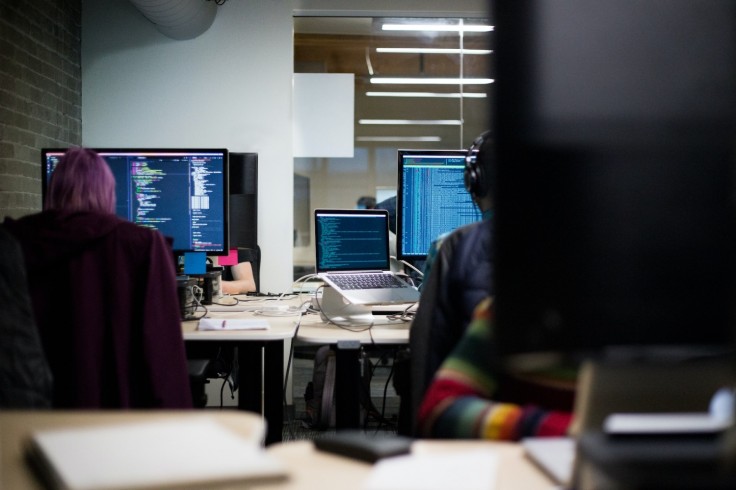The International Monetary Fund (IMF) revealed in its latest analysis that AI will affect almost 40% of global jobs, as the technology becomes more advanced and present to the economic landscape.

Read Also : AI - Job Killers or Job Makers?
IMF Advanced Countries Will Face Greater Risks From AI
As global labor adopts AI, many studies have predicted that the workforce will be replaced by AI. On the contrary, there are also cases in which AI will be used to complement human work.
According to IMF managing director Kristalina Georgieva, advanced economies are more likely to feel the greater risk from AI compared to developing economies. She cited that it is due to AI's "ability to impact high-skilled jobs."
"Roughly half the exposed jobs may benefit from AI integration, enhancing productivity. For the other half, AI applications may execute key tasks currently performed by humans, which could lower labor demand, leading to lower wages and reduced hiring," she explained.
In addition, there is also a risk of wealth inequality in some countries. Younger workers will be more adaptable to exploit the opportunities brought by AI while older workers will struggle.
IMF Calls for Balanced Usage of AI and Humanity
The analysis also showed that 60% of jobs from advanced economies could be impacted by AI. While emerging and low-income countries could be affected by 40% and 26% respectively.
In order to mitigate the fast-approaching impact of AI on the human workforce, the IMF created the AI Preparedness Index to measure the readiness of countries to adopt AI.
Out of 125 countries, the IMF found that low-income countries are less equipped for AI adoption compared to wealthier countries. Along with the findings, the organization calls for the cultivation of a safe and responsible AI environment.
"The AI era is upon us, and it is still within our power to ensure it brings prosperity for all," IMF reminded.









